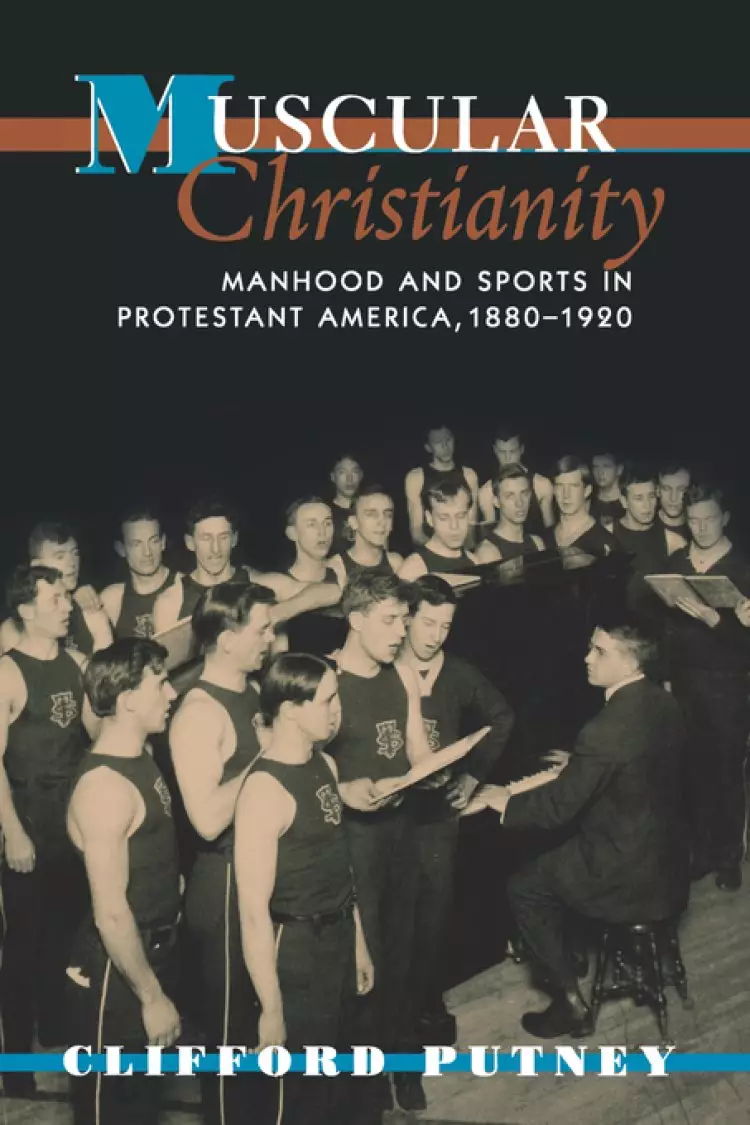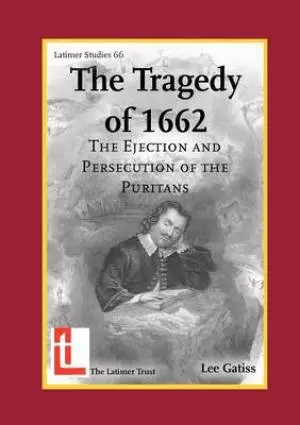Product Description
Dissatisfied with a Victorian culture focused on domesticity and threatened by physical decline in sedentary office jobs, American men in the late 19th century sought masculine company in fraternal lodges and engaged in exercise to invigorate their bodies. One form of this new manly culture, developed out of the Protestant churches, was known as muscular Christianity. In this study, Clifford Putney details how Protestant leaders promoted competitive sports and physical education to create an ideal of Christian manliness. Though rooted in the new culture of manhood, muscular Christianity was conceived to reinvigorate Protestantism itself, which in the minds of many was increasingly failing to create masculine, forceful natures capable of withstanding an influx of Catholic immigrants. Putney analyzes the role of such dynamic organizations as the Boy Scouts and the Young Men's Christian Association in making Protestant Christianity a religion that attracted boys and men to the vigorous life. He also portrays the muscular Christian movement's vivid personalities, including evangelist Dwight L. Moody, psychologist G.Stanley Hall (who warned of "woman peril" in the churches), and Theodore Roosevelt, the rough-riding, safari-going advocate of the Strenuous Life for the manly Christian.


